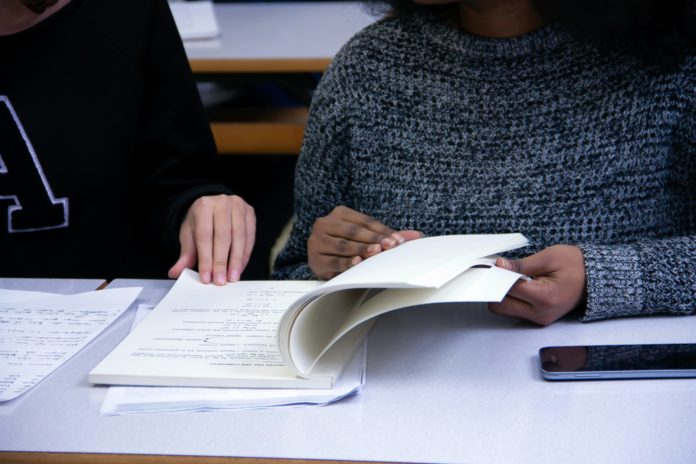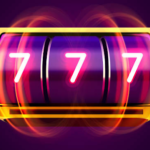Indian Engineering Services (IES) or Engineering Service Examination (ESE) consists of designated engineers who work for state and central levels as Grade-1 officers. The UPSC board conducts the IES exam to fill vacancies in various streams. Students can refer to this website for examination notification ahead. Mechanical or civil is the best branch under B-tech to crack IES with a better score.
IES Exam Eligibility
The IES eligibility
- Candidates should be of Indian Nationality.
- A graduate from a recognized university with 55% marks in aggregate in the science and math stream.
- They should be in the range of 21 to 30 yrs.
- Due to tough competition, fewer get selected for the IES exam.
IES Syllabus for Exam
The IES syllabus is divided as per the norms and understanding of students to make it easier for aspirants to secure good scores in their upcoming examination in any of the four branches as per their subjects:
- Civil Engineering Syllabus:
- Building material
- Solid mechanics
- Structural analysis
- Design of steel structures
- Design of concrete and masonry structures
- Planning and management etc.
- Mechanical Engineering Syllabus:
- Fluid mechanics
- Thermodynamics and heat transfer
- Refrigeration and air conditioning
- Power plant engineering
- Renewable sources of energy
- Engineering mechanics
- Engineering materials
- Mechanism and machines
- Design of machine elements
- Mechatronics and robotics etc
- Electrical Engineering Syllabus:
- Engineering mathematics
- Electrical materials
- Electric circuits and fields
- Electrical and electronic measurements
- Computer fundamentals
- Analog and digital electronics
- System and control system
- Power system and electronics
- Electronics & Telecommunication Engineering:
- Basic electrical engineering
- Material science
- Network theory
- Advanced electronic & communication topics
- Computer organization and architecture.
Those candidates who have qualified in prelims are eligible to write the Main examinations, followed by an interview to achieve their career goals. BYJU’s Exam Prep understands and has prepared a designed learning platform for all aspiring IES candidates. It has recently launched a civil services Hub to help you get through the IES (UPSC) exam. Enrol and prepare well with exam-focused topics, AV lectures, current affairs, mock tests, and personal guidance that can prepare you well for your exam.
IES Exam Pattern
IES exam 2023 will be conducted in three phases, Prelims, Main, and Interview. Prelims are mostly objective, and the Main exam is conventional.
Prelims consist of:
- Paper 1: General Studies, engineering aptitude for 200M to be completed in 2 hours.
- Paper 2: Any engineering discipline opted by the student for 300 marks to be completed in 2 hours.
For How Many Branches is the Exam Conducted?
The IES Exam is conducted in almost four branches of engineering, namely civil engineering, mechanical engineering, electrical and electronics, and telecommunication engineering.
In addition, UPSC conducts exams for the IES exam to recruit engineers in various government departments around India.
The UPSC ESE is national-level recruitment that fills thousands of vacant posts in railways, telecommunications, border roads, CWC, CPWD, CPES, NHAI, Naval Armaments, IDSE, MES, and ordinance factory sectors.
Compared to 2021, there were 247 vacancies in ESE (CE, ME, EE, and ECE) sectors.
ESE Posts Branch-wise
After successfully qualifying for IES exams, candidates are placed in civil engineering, mechanical, electrical, and electronic fields in various Indian railways and Central Engineering (roads) departments.
The other groups are Survey of India in Group A, AEE services in Border Road Engineering services. The other Group A and B posts are aligned in defence service, central water engineering services, MES Surveyor code, etc.
Candidates with rigorous hard work, dedication, and a detailed structured plan tend to be positive and confident to achieve their target in the upcoming examination with flying colours.
Conclusion
The IES exam consists of 3 stages- the prelims, the mains, and the personal interview. While the IES syllabus can be difficult, you must make routines and study regularly to clear the exam smoothly. Also, be connected with your peers and social media to get regular updates on the examination.














